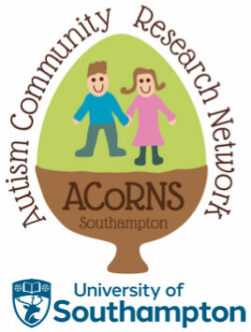
Jen Pickles.
Doctorate in Educational Psychology.
Previous research, as well as statistics produced by the UK government, highlights how children who are looked-after are less likely to make academic progress when compared to children who are not in care. These outcomes become more concerning when looked-after children also have a statement of SEN or an Education, Health and Care Plan (EHCP), with only 5% of children meeting the expected standard in reading, writing and mathematics at Key Stage 2.
My project aims to explore the experience of those pupils who have an EHCP, are looked-after, and have a diagnosis of autism. The implications of an autism diagnosis will vary across students, however guidance highlights the importance of collaboration between staff, caregivers, and professionals to support individualised planning for the pupil (Bond, Symes, Hebron, Humphrey & Morewood, 2016).
However a recent review of Freedom of Information requests based on responses from 147 local authorities in England highlighted inconsistencies in the sharing of information about autism diagnoses and revealed that the majority of local authorities do not routinely report on the diagnostic status of autistic looked-after children at a strategic level (Parsons, McCullen, Emery & Kovshoff, 2018), suggesting that at the most strategic planning levels for autism support the guidance is not being followed, which may further disadvantage pupils within this demographic. The main aim of the study is to explore what information is gathered about looked-after autistic pupils and how this information is shared at a strategic level. It also considers the possible impact this has on students. To investigate this, a number of questions will be considered.
- What are the experiences of Virtual School Heads and Designated Teachers in providing autism related support for looked-after children within their local authority?
- What are the views and experiences of autistic looked-after children receiving educational support?
- How is information relating to an autism diagnosis and support planning shared with schools?
- What can be learned about best practice and possible barriers in supporting looked-after autistic children?
I will explore this through a qualitative approach, interviewing Virtual School Heads, Designated Teachers, and looked-after students who have received a diagnosis of autism. This research will contribute a rich and detailed understanding of the experience of these key-stakeholders and will highlight possible barriers to effective provision and consider areas of best practice when it comes to supporting the education of these students. You can read in detail about the project’s findings here.
